US Judge Blocks Deportation of Migrants to South Sudan

A US federal judge has ordered an immediate halt to deportations of migrants from Myanmar and Vietnam to South Sudan, a country with no apparent connection to the individuals involved.
The decision, issued late Tuesday by US District Judge Brian E. Murphy in Massachusetts, comes in response to allegations that these deportations violate existing court orders and potentially endanger migrants by placing them in a volatile and unfamiliar environment. Judge Murphy’s emergency order mandates that US officials maintain custody and control of all migrants already transported or in the process of being deported to South Sudan. The ruling stipulates that if these removals are ultimately deemed unlawful, the affected individuals must be returned to the United States.
Legal Basis for Intervention
The legal challenge prompting Judge Murphy’s intervention stems from reports by immigration attorneys asserting that the Department of Homeland Security (DHS) had initiated deportations to South Sudan without providing adequate notification or due process. These attorneys contend that the deportations violate existing legal protections that require individuals to have the opportunity to challenge being sent to a country other than their homeland.
Specifically, the attorneys argue that this lack of due process not only infringes upon the migrants' rights but also exposes them to significant dangers. They assert that the government’s actions circumvent established legal protocols, potentially placing individuals in harm’s way.
Details of Alleged Violations
The attorneys representing the migrants highlighted the case of a Myanmar national who was informed of his deportation in English, a language he does not fully understand. His legal counsel was notified of his impending departure only hours before the flight. In addition, reports suggest that up to a dozen individuals, including Vietnamese nationals, were similarly deported to Africa, prompting urgent calls for legal intervention.
Judge Murphy’s ruling underscores growing concerns about the US government’s handling of deportations to third countries. His order requires officials to disclose key details about the migrants involved, including the timing of their deportation notifications and whether they were given the opportunity to argue that the removal would place them in danger. The judge has also instructed the government to provide updates on those already deported, signalling the court’s commitment to accountability in immigration enforcement.
Government’s Discretion vs. Humane Treatment
While Judge Murphy’s order acknowledges that the administration retains discretion in managing removals, he emphasises the importance of ensuring humane treatment for the affected migrants. His demand for transparency and oversight could presage broader legal challenges to the US government's deportation policies under both current and future administrations.
South Sudan’s Response and Diplomatic Implications
South Sudanese authorities have responded to the controversy by denying that any migrants have arrived in the country. Major General James Monday Enoka, a spokesperson for South Sudan’s police force, says that if such individuals do arrive, they will be investigated and returned to their respective countries. This potential for re-deportations adds another layer of uncertainty for migrants caught in bureaucratic limbo.
These deportations also have the potential to strain diplomatic relations between the US and South Sudan. Tensions between the two nations have recently escalated, with visa revocations and a ban on South Sudanese nationals imposed in April following an immigration dispute. While the US remains a major humanitarian donor to South Sudan, providing over $640 million in aid in 2024, these recent developments could create friction between the two governments.
South Sudan’s Internal Instability
South Sudan, which gained independence in 2011, is currently grappling with ongoing violence and instability. The country has experienced repeated cycles of conflict, fueled by political rivalries and competition over its extensive oil reserves. The United Nations has recently warned that hostilities between forces loyal to President Salva Kiir and Vice President Riek Machar could escalate into full-scale war, potentially replicating previous conflicts that resulted in hundreds of thousands of deaths.
The precarious situation in South Sudan raises serious concerns about the safety of migrants sent there against their will. The US State Department’s 2024 human rights report cited significant abuses in the country, including arbitrary killings, disappearances, torture, and widespread violence based on gender and sexual identity. Given these conditions, legal experts argue that deporting individuals to such an environment without proper legal review is not only reckless but also potentially life-threatening.
Legal and Policy Background
Judge Murphy’s ruling builds upon previous challenges to the US government’s deportation practices. He had earlier blocked deportations to Libya, ruling that such removals required prior notice and the opportunity for migrants to present claims of potential harm. His latest intervention suggests that similar restrictions could apply to deportations to other countries where individuals have no direct ties.
Under US immigration law, certain individuals may qualify for Temporary Protected Status (TPS), which allows them to remain in the United States if their home country is deemed too dangerous for return.
South Sudanese migrants have been eligible for TPS since the country’s independence, with Homeland Security Secretary Kristi Noem recently extending protections until November for further review. The broader issue of third-country deportations remains a contentious one. Some nations refuse to accept deported migrants, leading the US to negotiate alternative arrangements. The Trump administration previously reached agreements with countries like Panama to house migrants, and in some cases, Venezuelans have been sent to detention facilities in El Salvador under legal provisions dating back centuries Judge Blocks Deportation of Migrants to South Sudan

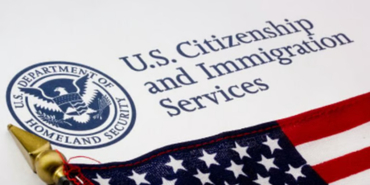
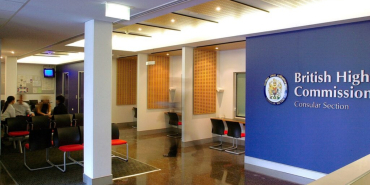
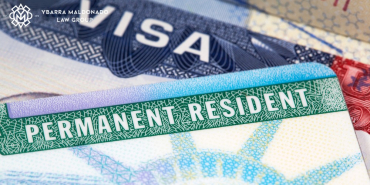

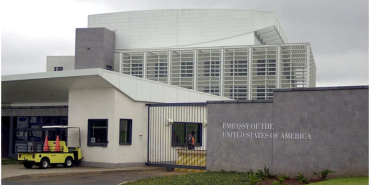

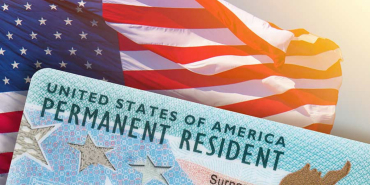
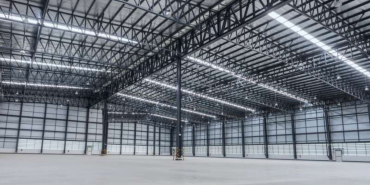
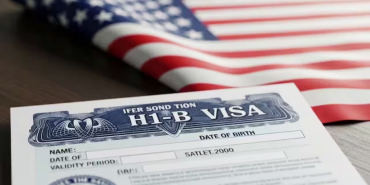

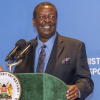


Add new comment